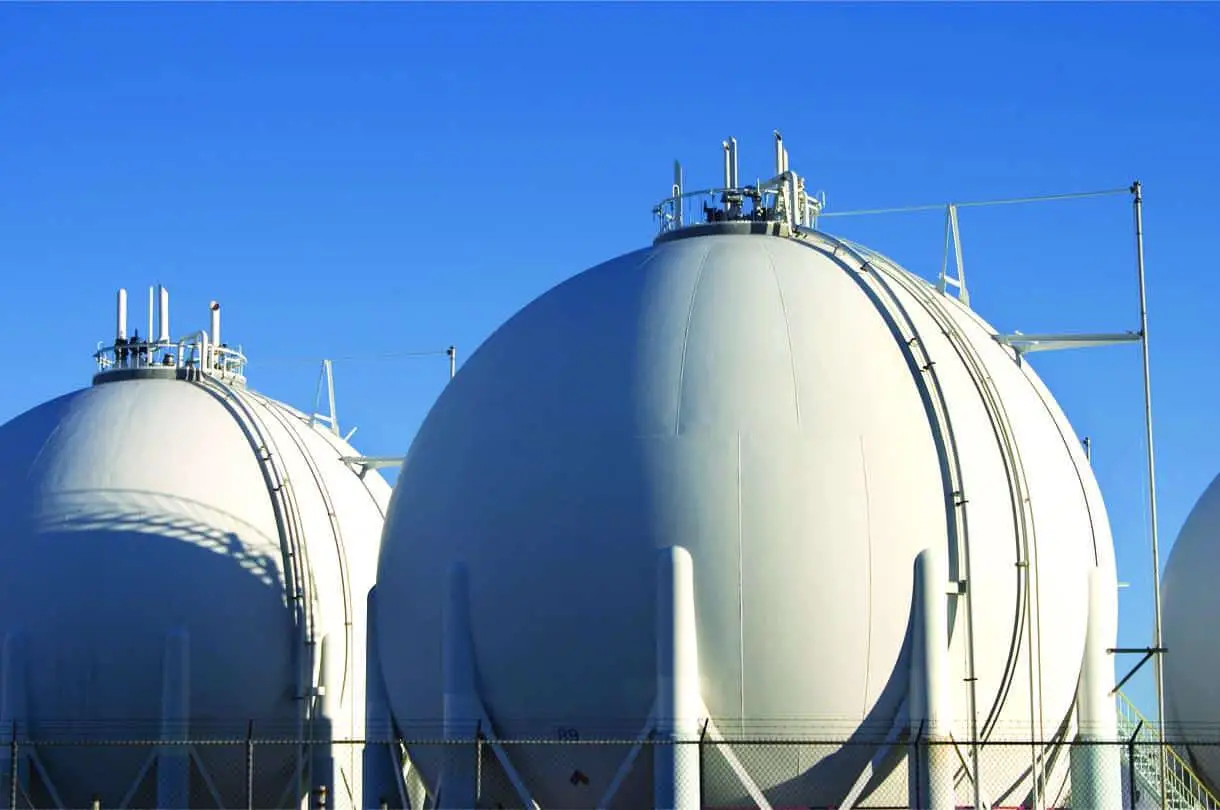A barrel is a unit of measurement for crude oil, with one barrel equaling 42 US gallons or 159 liters. However, natural gas is typically measured in cubic feet (ft3) or cubic meters (m3) rather than in barrels.
This difference in measurement is because crude oil and natural gas have different physical properties. For example, crude oil is a liquid that can be easily measured in terms of volume, whereas natural gas is a gas that is typically measured in terms of its heat energy content.
Therefore, natural gas is typically measured in units of heat energy content, such as British thermal units (BTUs) or joules, rather than volume units. For example, a standard unit of measurement for natural gas in the United States is the thousand cubic feet (Mcf), which represents 1,000 cubic feet of natural gas with a heat content of approximately 1 million BTUs.
But let us play with numbers:
1 barrel of natural gas is equivalent to approximately 6.29 Mcf (thousand cubic feet) at standard temperature and pressure (STP), defined as 0 degrees Celsius and 1 atmosphere of intimidation.
Natural gas storage looks like this in the image below:

So, let us answer the question:
Can I Buy a Barrel of Gas?
No, you can not buy barrels of gas because, in theory, 1 barrel of gas should be approximately 6.29 Mcf (thousand cubic feet), and that is 178.29 m3 (approximately). Therefore, storing natural gas in a house or warehouse is not recommended because it is too large an amount of gas and can be a safety hazard.
Storing natural gas in a house or warehouse can be a safety hazard and is not recommended. Natural gas is highly flammable and can pose a serious risk of fire or explosion if not stored and handled correctly. In addition, keeping natural gas in a residential or commercial building without proper ventilation or safety measures can lead to health risks, including carbon monoxide poisoning.
Furthermore, storing large quantities of natural gas in a residential or commercial building is impractical. It requires specialized equipment and infrastructure to compress and store the gas safely and securely. Most households and businesses lack the necessary storage facilities to store natural gas safely.
It might not be economically feasible or profitable even if it were possible to store natural gas in a house or warehouse. Natural gas is a commodity bought and sold in the global market, and its price is subject to fluctuations based on supply and demand, geopolitical events, and other factors. Therefore, storing natural gas for an extended period could result in a loss if the price drops or there is no demand for it.
Storing natural gas in a residential or commercial building is not recommended due to the safety hazards and specialized equipment and infrastructure required. Additionally, it may not be practical or profitable to store natural gas for an extended period, as its price fluctuates based on global supply and demand.
























